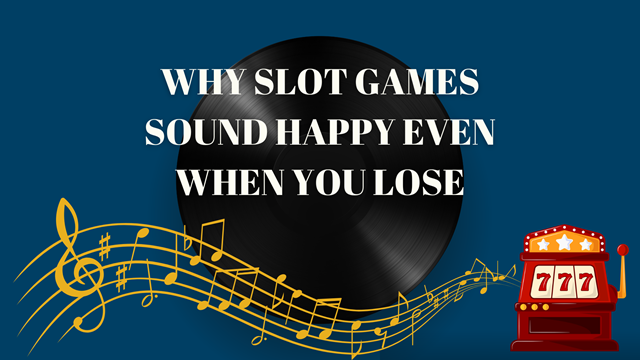
According to the CDC, approximately 1 in 44 children are diagnosed with an autism spectrum disorder. That number is only slightly lower for adults who identify as on the autism spectrum.
There are several different types of therapies available. These help with social skills, communication, bonding, and overall development. Music therapy is a unique and non-threatening treatment modality that can benefit someone living with autism.
Keep reading to learn more about music therapy and how it can positively impact those on the spectrum.
What Is Music Therapy?
Music therapy is a type of clinical intervention that can help those with autism. Music can help address issues with behavior, socialization, and psychological development. It is also effective for communication, motor skills, and cognitive functioning.
This type of treatment is evidence-based and often well received by the patient. Through music education, those with autism can see improvement in different areas of their lives. This can be through playing an instrument or listening to music.
Many patients also form a bond with their music therapist. This allows for growth and enhances the quality of relationships.
How Music Can Benefit Those With Autism
There is a strong link between music therapy and autism. Not only does music have a universal appeal, but it can also foster different forms of learning. It is a unique form of communication and self-expression.
Music can work as a reinforcement tool to help someone with autism reach their goals.
Music Inspires Communication
For some people with autism, verbal communication is limited. Music is a great way to help people develop social communication skills and verbal language skills.
Early childhood music therapy can also encourage communication with others. It teaches children to play with others, take turns listening to their song of choice, and accommodate someone else’s needs. These skills can be transferred into different areas of their lives.
They help to improve their overall communication skills.
Music Provides Sensory Stimulation
From heavy metal music to classical music, music enhances all of the senses. The auditory, visual, tactile, and vestibular senses are all stimulated when listening to music. Processing these can help with sensory and fine-motor skills in those with autism.
The rhythmic style of music helps organize these sensory systems. This is especially helpful for those on the spectrum.
Music Encourages Structure
The elements in music provide structure and a sense of security for someone with autism
If you’re interested in music lessons for someone with autism, The Cook Trio offers a selection of musical services. These include education, instrumental lessons, and everything in between.
The Healing Relationship Between Music and Autism
While there are many different therapeutic modalities for those on the spectrum, few have the effect that music therapy has. Music and autism have a powerful relationship. Music therapy helps encourage communication, provides sensory stimulation, and a sense of structure.
If you enjoyed this article, keep coming back to our awesome blog for more on musical therapies.





